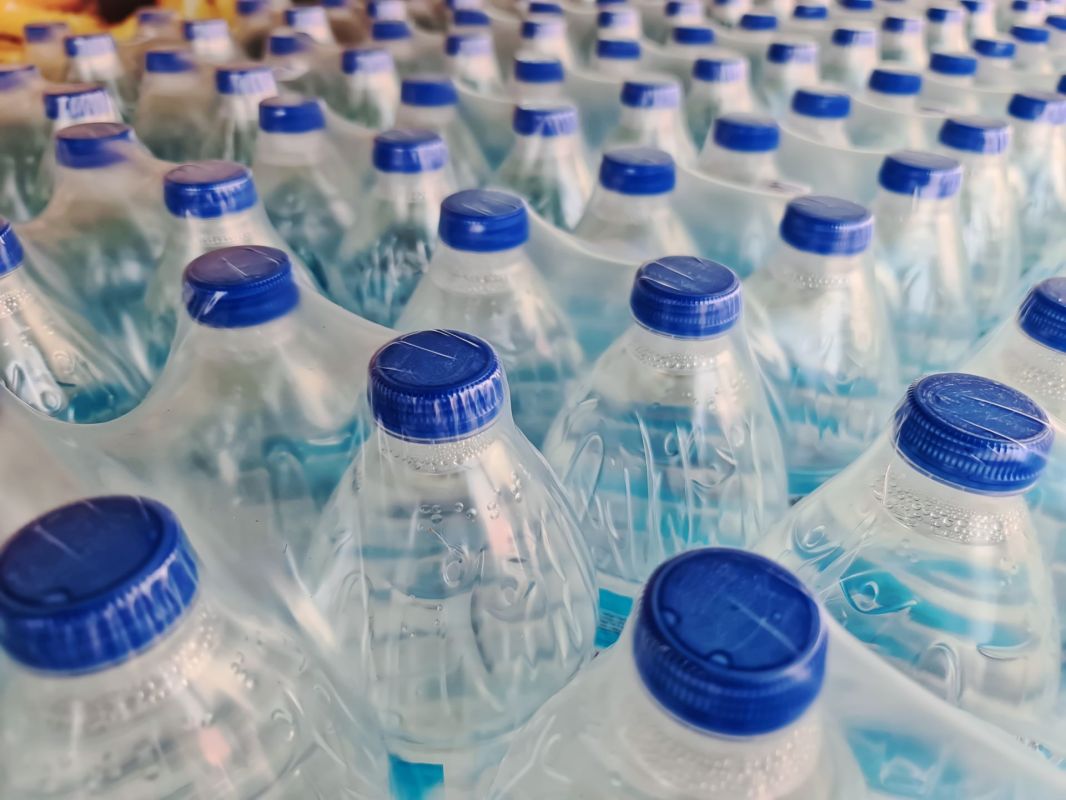A team of international experts for the United Nations has proposed a way to reduce global plastic pollution by 80%, save an equivalent of $4.5 trillion while doing so, and create 700,000 jobs in the process.
On May 16, the Kenya-based United Nations Environment Programme (UNEP) released its "Turning off the Tap" report to present economic models and concrete practices for cutting off the flow of plastics produced and turned into pollution.
The report, which provides a "roadmap" for businesses and governments to reduce plastic waste by 80% by 2040, came out ahead of a second round of international negotiations held in Paris at the end of May and early June. The U.N. launched this series of talks to create legally binding agreements for governments to end plastic pollution — or at least get close.
To reach this goal, the UNEP promotes the development of a circular economy for plastics — a system for minimizing and extending materials' uses as long as possible. Putting a twist on the "three R's" of "reduce, reuse, recycle," the UNEP calls for the elimination of unnecessary plastic production, followed by the acceleration of three market shifts.
The first, "Reuse," would promote reusable options, such as packaging-take-back programs. The second, "Recycle," would seek to remove fossil fuel subsidies and make plastic recycling easier and more profitable. The third, "Reorient and Diversify," covers the replacement of products such as plastic wrappers with alternatives made of paper or other materials.
Although the report authors admit their proposals will require an upfront investment, they claim the shift to a circular economy for plastics will lead to overall savings of $1.27 trillion, factoring in costs and recycling revenues, plus $3.25 trillion in avoided health, climate, air pollution, ecosystem degradation, and legal expenses. Creating 700,000 jobs, many in developing nations, isn't bad, either.
The alternative, do-nothing option would result in tons of pollution flowing into the environment. The UNEP points out that, every minute, a garbage truck's worth of plastic winds up in our oceans. Without changing course, the plastic entering aquatic systems by 2040 could triple compared to 2016. Due to the impacts of plastic production and degradation, avoiding this pollution will also lessen the heat-trapping gases in the atmosphere.
Of course, we don't have to wait for intergovernmental agreements to reduce plastic pollution. Taking steps such as choosing plastic-free products or filling reusable water bottles instead of buying single-use plastic ones can save big bucks and reduce pollution.
"The way we produce, use, and dispose of plastics is polluting ecosystems, creating risks for human health, and destabilizing the climate," said the UNEP's executive director Inger Andersen about the reasons for the new report. "If we follow this roadmap … we can deliver major economic, social, and environmental wins."
Join our free newsletter for cool news and actionable info that makes it easy to help yourself while helping the planet.









